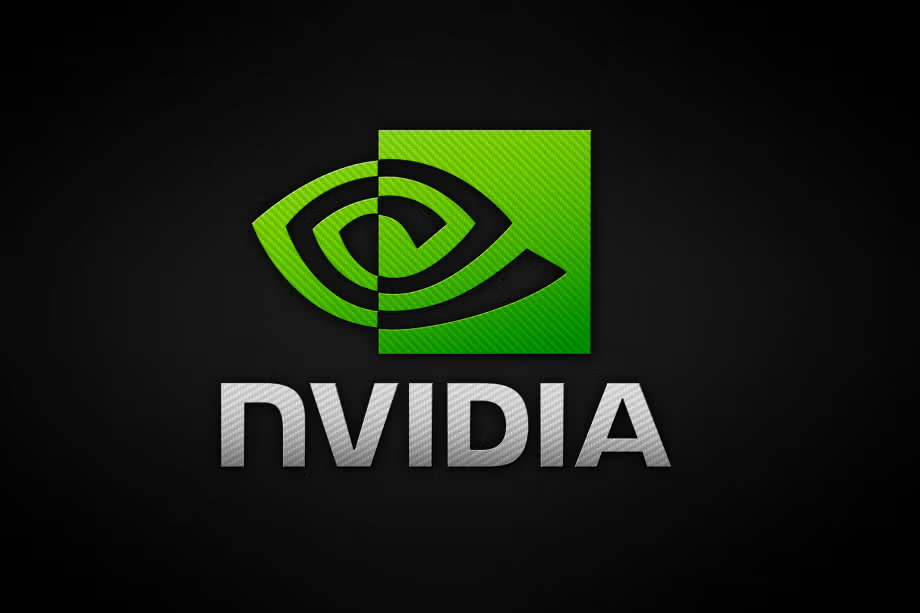Nvidia has found itself at the epicenter of the escalating tech cold war between the United States and China. The company's advanced AI chips, essential for everything from data centers to autonomous vehicles, have become pawns in a geopolitical chess match, with significant implications for the global technology landscape.
The US government, under both the Trump and Biden administrations, has imposed increasingly stringent export controls on AI chips to China, citing national security concerns. These restrictions aim to prevent China from gaining a military or technological edge. The initial bans in October 2022 targeted Nvidia's A100 and H100 GPUs, then the most advanced AI processors. Since then, the restrictions have expanded to include a wider range of semiconductors and related manufacturing tools. Most recently, in April 2025, the US government further tightened the screws by requiring licenses for the export of Nvidia's H20 AI chips to China.
Nvidia has attempted to navigate these restrictions by developing modified versions of its chips specifically for the Chinese market. These chips, such as the H20, L20, and L2, have reduced performance to comply with US export regulations. However, even these efforts have faced challenges as the US government continues to lower the performance ceiling for exports to China.
The impact of these restrictions on Nvidia is substantial. The company has warned of billions of dollars in losses due to unsellable inventory and reduced sales in China. For instance, new curbs on chip exports to China could cost Nvidia $7.3 billion. Nvidia CEO Jensen Huang has described the US sanctions as causing a "permanent loss of opportunities". The company's stock price has also been affected, falling almost 25% from its value at the start of the year.
The US export controls have had several unintended consequences. A black market for smuggled Nvidia GPUs has flourished, allowing some Chinese companies to retain access to advanced AI chips. Moreover, Chinese companies are pushing for domestically produced, innovative semiconductor alternatives. Companies like Huawei are developing their own AI chips, potentially creating a competitor to Nvidia. China's $410 billion investment spree has turbocharged its domestic chip industry, slashing reliance on foreign tech from 85% to below 60% in just two years. Some reports indicate that China has already severed its ties with Western semiconductor giants ASML and TSMC.
Despite these challenges, Nvidia remains the dominant player in the AI chip market. In 2023, Nvidia held approximately 65% of the data center AI chip market share. The overall market for data-center AI chips in 2023 was $17.7 billion. The AI chip market was valued at $39.27 billion in 2024 and is expected to reach $501.97 billion by 2033. Nvidia's data center revenue saw a dramatic increase in the first quarter of fiscal year 2025, reaching $22.6 billion, a 427% rise from the previous year. The company's GPUs, particularly the A100 and H100 models, have become industry standards in AI.
Nvidia is adapting to the changing geopolitical landscape by pivoting towards domestic and allied markets. It has pledged to invest $500 billion in US-based AI infrastructure, including opening a server manufacturing facility in Houston and partnering with chip packaging firms in Arizona. Huang has stated that Nvidia would "spare no effort" to optimize its products to comply with regulatory requirements and "unswervingly serve the Chinese market," indicating that Nvidia would develop new chips tailored for China-based clients. The company is also focusing on growth in other regions and industries, with its data center revenue driven by demand for AI training infrastructure. Nvidia's data center revenue for the latest quarter was $30.8 billion, up 17 percent from Q2 and up 112 percent from a year ago.
The situation remains fluid, and the long-term consequences of the tech cold war on Nvidia and the global semiconductor industry are yet to be seen. The US-China tech war has firmly placed Nvidia at the center of a high-stakes geopolitical and economic drama.















